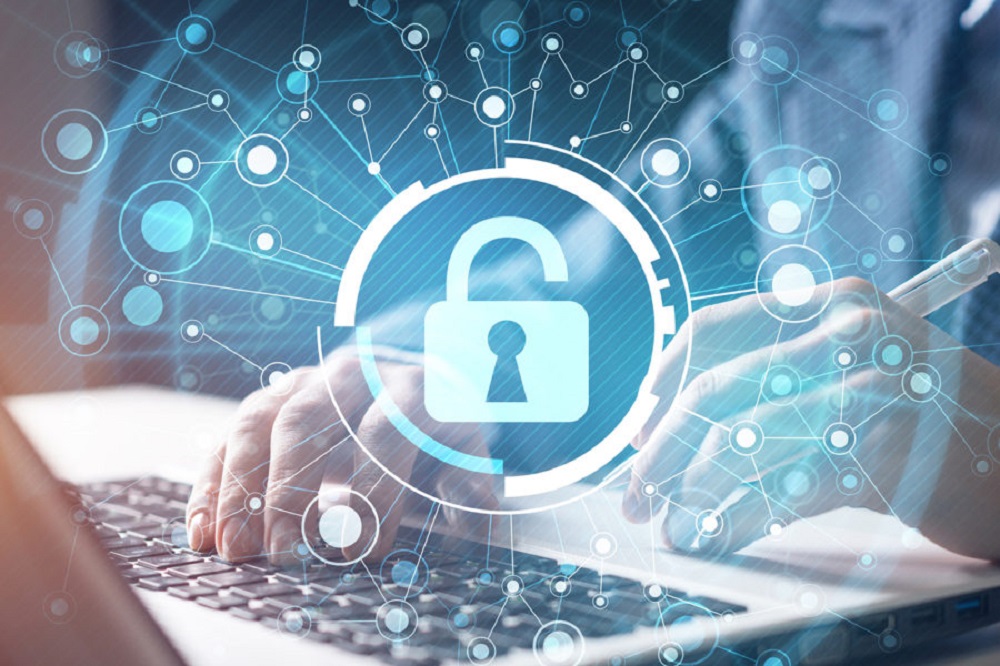Expert tips for a safer relationship with social networks
Privacy is one of the fundamental concepts in the management of social networks, given the increase in electronic crimes against people and companies
Social networks have become an important part of everyday life for millions of people around the world. However, experts warn that the entertainment provided by these platforms can sometimes make users forget something as fundamental as their privacy.
Every time a post is shared or a photo or video is uploaded, a new link is created between users’ personal data and the Internet. This link is used by cybercriminals to make them victims of ‘phishing’ and ‘malware’ and get hold of personal data. In addition to being able to use your accounts and data for other activities of very doubtful legitimacy.
For this reason, Kaspersky experts share a series of tips to establish a safer relationship with social networks, which begins with a phrase of common sense: ‘Think before you share’. “Anything you share on the Internet will be very difficult to eliminate. In fact, 74 % of Spaniards mistakenly believe that they can completely eliminate their presence on the Internet,” they explain from Kaspersky, citing data from the recent study ‘Right to Oblivion’ published by the company itself.
This first step, which consists of having a personal filter and making the decision not to share certain information, such as home address or personal telephone number, is essential. In addition, experts remind that users should never share anything that contains a QR or barcode, such as tickets to concerts or plane or train tickets.
Private browsing and configuration of social networks settings

On the other hand, Kaspersky urges you to browse the Internet privately. “When visiting any website, an analysis code is activated to count the visitors. Generally, they belong to companies such as Google or Facebook, who then use this information to offer you ads based on your interests,” the company details.
For this reason, if the user wants to prevent them from collecting this information, they can activate the incognito browsing mode, although experts clarify that it is not as secure as is usually thought, since it filters certain information, “but not all”. Another solution is to install the private browsing of the cybersecurity product that the user uses on their devices.
Likewise, cybersecurity experts recommend configuring social networks for greater security. Although many people are not aware of it, social networks offer various settings to determine what information is available and for which users. In addition, in most cases, the user can hide his profile in the search engine so that other people cannot tag him, write him messages or harass him.
At this point, Kaspersky offers the ‘Privacy Checker’ tool, which has useful information to maintain privacy on social networks such as TikTok, Instagram, Facebook, WhatsApp or Twitter, among others.
Delete inactive accounts and spot scams
Experts also encourage deleting unused accounts. Most people have some accounts that they haven’t used for a long time, but only some of them are automatically deleted. “Most of them are still there, saving information, images and personal data that could be leaked at any time. Therefore, it is a good idea to delete the profiles that you do not use, since, through old accounts, cybercriminals can access your data,” they add.

Finally, cybersecurity specialists encourage detecting scams in order to avoid them. Phishing scams through social networks like Instagram are becoming more and more common. Some of the most used methods are private messages with malicious links, fake influencer accounts, fraudulent giveaways, or even fictitious phishing emails that they use to steal data or take over accounts.
For this reason, they explain that the greatest precaution that the user can take is not to trust any profile that they do not know or that may be false. In addition, experts insist on the importance of changing passwords often and not using the same ones on all social networks.
“It is common to be more cautious when making a payment or management online, but privacy in social networks is an aspect that, on many occasions, is wrongly left aside. For this reason, Kaspersky warns users that they must be especially careful when sharing information to protect your data through simple steps like these,” concludes Marc Rivero, Senior Security Researcher at Kaspersky.
Click the link to subscribe for free to our news and media group on Telegram: https://t.me/G_ELSUMARIO_News
Source: dpa


